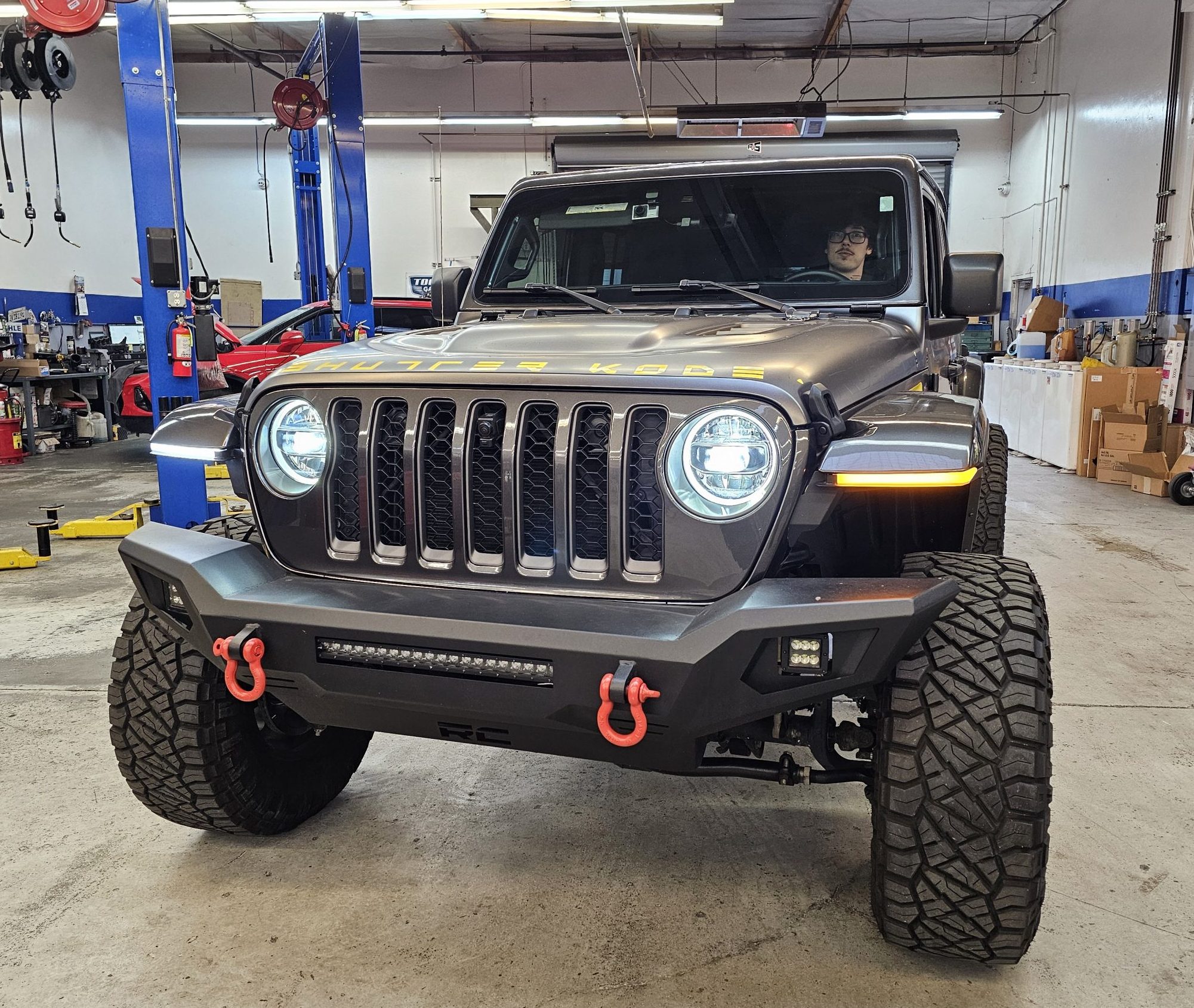
Hello, fellow car enthusiasts and local business owners! Dave the Car Guy here, bringing you another essential guide to keep your ride smooth and safe. Today, we’re diving into the world of tires. Choosing the right tires for your vehicle can feel like navigating a maze, but don’t worry—I’ve got you covered. Let’s roll!
Why Tires Matter
Tires are the only part of your vehicle that touches the road, so their importance can’t be overstated. The right tires can improve your car’s handling, fuel efficiency, and safety. Whether you’re a daily commuter, a weekend warrior, or a business owner with a fleet of vehicles, selecting the perfect tires is crucial.
Types of Tires
- All-Season Tires: Versatile and convenient, all-season tires are designed to perform well in various conditions, including wet and dry roads. They’re a great choice for most drivers who experience moderate climates.
- Summer Tires: If you live in a hot climate or enjoy performance driving, summer tires offer superior handling and grip on dry and wet roads. However, they’re not suitable for winter conditions.
- Winter Tires: For those in colder regions with snow and ice, winter tires provide the best traction. They’re made from a softer rubber compound that remains flexible in low temperatures.
- Performance Tires: If you’re driving a sports car or just love pushing your vehicle to its limits, performance tires offer excellent grip and handling at higher speeds.
- Off-Road Tires: For the adventurers and off-road enthusiasts, these tires are built to handle rough terrains like mud, sand, and rocks. Perfect for SUVs and trucks that see a lot of outdoor action.
What to Consider When Choosing Tires
- Climate: Consider the typical weather conditions in your area. If you face harsh winters, winter tires are a must. For mild climates, all-season tires are usually sufficient.
- Driving Habits: Are you a city commuter, a long-distance traveler, or an off-road explorer? Your driving style and habits will influence your tire choice.
- Vehicle Type: Different vehicles require different tires. Check your vehicle’s manual for manufacturer recommendations.
- Budget: Tires come in a range of prices. While it’s tempting to go for the cheapest option, investing in quality tires can save you money in the long run through better performance and durability.
- Tire Size: Always ensure you’re getting the correct tire size for your vehicle. This information can be found in your vehicle’s manual or on the sidewall of your current tires.
Maintenance Tips
- Regular Inspections: Check your tires regularly for wear and tear, and ensure they’re properly inflated.
- Rotation: Rotate your tires every 6,000 to 8,000 miles to ensure even wear.
- Alignment and Balancing: Keep your wheels aligned and balanced to prevent uneven tire wear and improve handling.
Final Thoughts
Choosing the right tires doesn’t have to be overwhelming. With a little knowledge and attention to your driving needs, you can find the perfect set to keep your vehicle running smoothly and safely. Remember, tires are an investment in your vehicle’s performance and your safety, so choose wisely.
Stay tuned for more tips and insights, and as always, keep wrenching!
Dave the Car Guy





